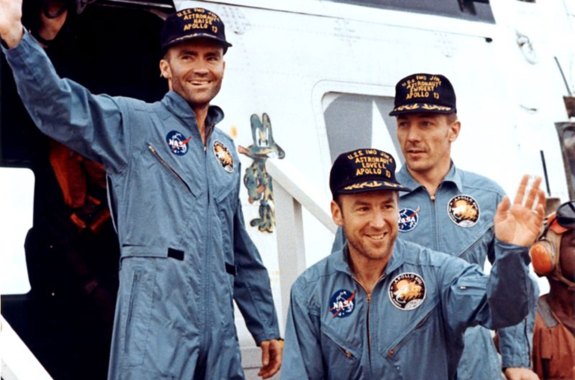On Today's Podcast
Into The Woods, From Chestnut Genetics To Tiny Forests
Genetic research could speed the restoration of the American chestnut tree. Plus, "rewilding" small spaces with fast-growing miniforests.
Listen NowFebruary 27, 2026
A new simulation shows large amounts of hydrogen in our planet’s core. Scientists report on what they found in 290-million-year-old vomit. Plus, a comedic play and a 20-year neurology study explore what we can do to prevent dementia and cognitive decline. And, a federal law aims to close the legal loophole that lets stores sell THC products from hemp.
10:06
A Neurologist Investigates His Own Musical Hallucinations
Neurologist Bruce Dobkin started hearing a phantom choir singing on a loop after he received a cochlear implant. He’s not the only one.
17:22
100 Years Later, Quantum Science Is Still Weird
This year marks the 100th anniversary of two papers that sparked the field of quantum mechanics.
How The Moon Transformed Life On Earth, From Climate to Timekeeping
A new book explores how the moon changed us—and how we’ve changed the moon.
What Do mRNA Funding Cuts Mean For Future US Research?
RFK Jr. canceled nearly $500 million in mRNA vaccine research funding. Plus, the latest climate news, from flooding in Alaska to new EVs.
When Headaches Are Ruining Your Life, Where Can You Turn?
In “The Headache,” a science journalist documents his quest to understand his own cluster headaches.
Remembering Apollo 13 Astronaut James Lovell
The late James Lovell was commander of the ill-fated Apollo 13 mission. In 1995, he recounted the story of the real-life space drama.
16:38
Decoding Fireflies’ Smelly Signals And Blinking Butts
Fireflies’ unique body chemistry has led to advances in medical imaging. And scientists are now learning how they communicate using smell.
17:13
‘Underground Atlas’ Shows How Vulnerable Fungal Networks Are
Underground fungal networks are crucial to life on Earth. But a new map shows that less than 10% of fungal hotspots are in protected areas.
17:20
Can The Rise In Solar Power Balance Out Clean Energy Cuts?
Solar power adoption has been rising fast. Amid recent federal efforts to limit clean energy, will it make a dent in our climate impact?
Solar Energy Is Not Just Good For The Earth—It’s Practical
“Solar and wind power are almost too cheap for our economy,” says author Bill McKibben, arguing the switch from fossil fuels must happen soon.
Lithium May Have A Role In Causing—And Treating—Alzheimer’s
This important breakthrough and other research projects have lost funding because of Trump’s cuts to the NIH.
Why Self-Driving Cars Are The Perfect Heel In ‘The Naked Gun’
Car crashes aren’t very funny. Unless, apparently, it’s a self-driving car. Researchers on public perception of these new vehicles explain why.
A Nagasaki Survivor And Physician Recounts His Life’s Work
Dr. Masao Tomonaga was 2 years old when the US bombed Nagasaki. Eighty years later, he reflects on a lifetime of treating other survivors.
Breast Milk Is Understudied. What Are Scientists Learning Now?
There are a lot of claims about breast milk, but we know little about this sophisticated substance. Two researchers update us on the latest.
17:12
The Uncertain Science Behind What We Understand As ‘Truth’
In a new book, mathematician Adam Kucharski traces our relationship to truth, from the ancient Greeks to our AI reality.
12:07
Are Cold Plunges Actually Good For You?
A researcher who studies the effects of extreme cold on the body throws a few drops of icy water on the social media trend.
16:36
Why Is Working Out Good For Your Mental Health?
A workout can be a mental health boost—or a psychological strain. Two exercise researchers discuss what physical activity does to your mind.
17:04
65 Genomes Expand Our Picture Of Human Genetics
Researchers closely examined the genomes of 65 individuals to paint a more complex, and more complete, picture of human genetic diversity.
When ‘Proof’ Isn’t Enough
In 1990, Marilyn vos Savant riled up scores of mathematicians with her solution to the “Monty Hall Problem.” But she was right.
EPA Seeks To Revoke Scientific Basis For Greenhouse Gas Rules
The “endangerment finding” is the basis for regulations on emissions from cars, power plants, and more. Plus, a robot performs surgery.



















